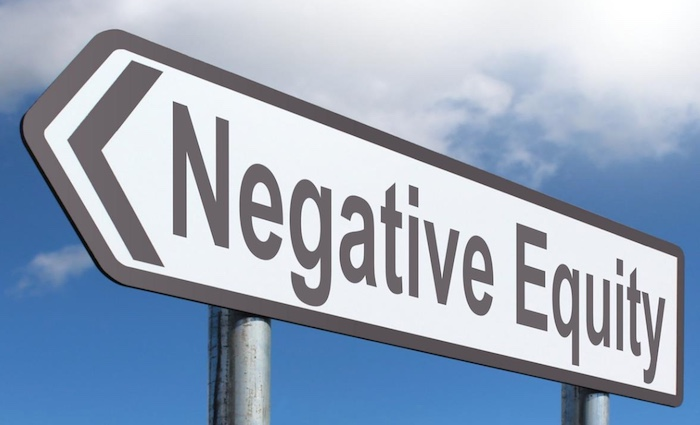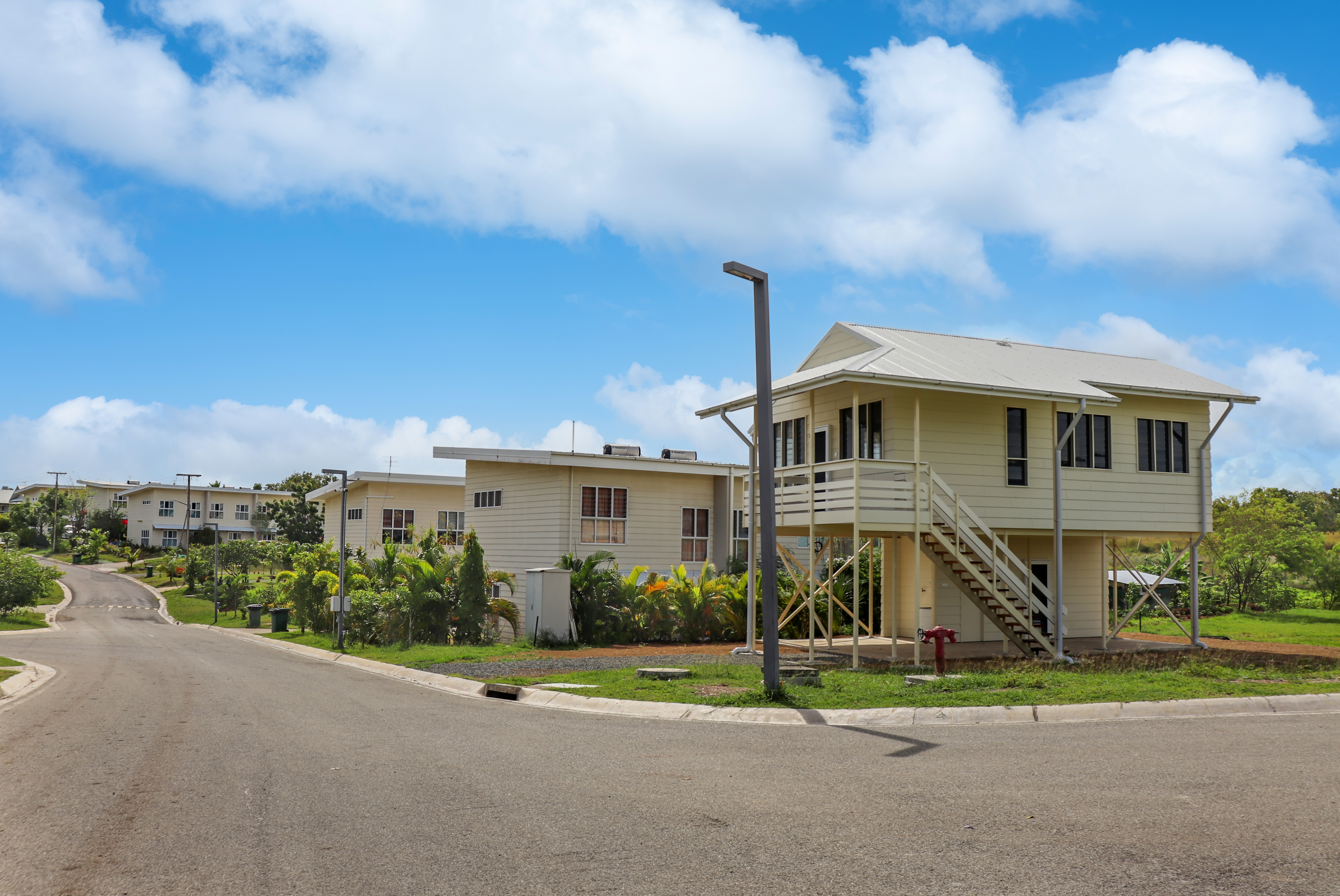This is a continuation from the previous article, Understanding Equity, covering yet another branch in the tree of Equity. As presumed earlier, each conforming subsidiaries of the tree of ‘Equity’ may become articles of their own. Nonetheless, here, we’ll explore the terrains of ‘negative equity’ in terms of residential property ownership.
What is Negative Equity?
Although negative equity is seemingly unheard of in PNG, it’s pretty much straightforward to perceive. Negative equity is a situation where the remaining on a loan is more than the “current” market value of a property that’s up for sale.
Meaning, if the amount remaining on a loan you took out earlier to purchase your house turns out to be greater than the current market value of the property when you decide to sell it, you have come under negative equity..
Here’s an illustration...
Say, Noel originally bought his house at K350,000 and took out a mortgage of K300,000 to pay for it, and his equity is K50,000. However, due to a crash in the property market, his house value now drops to K250,000, meaning his equity is now a negative K50,000 (250,000-300,000)
For example, you decide to sell your house and you discover that the market value has dropped to a mere K250,000. But the current balance outstanding on the loan you took out to purchase the house is K300,000. Now, because the current value of your house appears less in amount than the present balance outstanding on your loan (K250,000 - K300,000 = -K50,000), you are in negative equity. Here, you can see that the difference between the value of your property and your current balance outstanding on your loan is a negative K50,000; hence, your negative equity worth.
Who is vulnerable?
For starters, the property market is often in line with the state of the economy. If a country is in recession, it will often experience an increase in unemployment and a decrease in property prices. This means that citizens are at risk of losing their jobs, therefore unable to repay their mortgage. The house is repossessed but the value of the home won't cover the loan so they are still liable for a debt to the bank.
Worthy of note, housing has an indirect impact on the economy. Property investment is affected by prices, therefore affects the growth of the economy. How? Rising home prices can encourage homeowners and developers to spend more on renovations or construction to increase property value. Whereas, a decline in property prices have the opposite effect which lead to a weakening of economic growth.
Simply put, investors, developers, builders, financial institutions, banks and the end user are all vulnerable to negative equity when a loan/mortgage is involved.
Who Is Not Affected By Negative Equity?
Negative equity only exists where homeowners and mortgages have a special connection. Even homeowners without a mortgage obligation need not concern themselves with this.
In other words, a homeowner who had purchased the property with his personal savings should not be concerned with negative equity.
Case in point, only a homeowner who had purchased a home with a mortgage should be concerned with negative equity. Because if the homeowner decides to sell the property and finds that the current market value of the property is much less than what he/she owes on the mortgage, they will be in negative equity.
How Do You Know If You’re In Negative Equity?
Just like every other aspect of “equity”, knowing whether or not you’re in negative equity will surface the moment you decide to sell your house. If you’ve taken out a mortgage/loan to purchase a property, you will - on the other hand - be better placed to calculate whether on not you’re in negative equity.
The options that follow include asking property valuers to value your property, comparing prices of similar properties that are currently on sale in your area, or simply checking your most recent mortgage statement. Choose what is most convenient to you.
Should you be worried?
Unless you only have 12 hours to live on this planet, no!
For starters, many property owners are under the impression that the minute they default on their loan repayments, their property is readily repossessed by banks. This is a misconception. In actual fact, banks are rarely hell-bent on repossessing properties. Surprised?...You should be.
For instance, say you lost your job and you’re unable to make repayments on your loan, overtime. Instead of repossessing your property immediately, banks would rather prefer you find another job or some other way to help with your repayments. It is only when these options are exhausted, the banks then move in for the repossession.
So, if you don’t plan on selling your house anytime soon, or if you’re in negative equity but you have a number of options to pull yourself out of it, then there’s no need for panic.
Moreover, banks don’t anticipate loss of property leading to repossession as a last resort.
Dealing With Negative Equity
Your ability to handle negative equity depends on the strength of your finances and your circumstances.
For instance, you’re in negative equity and you decide to sell your property. You can only manage to remove the negative equity tag if you’re able to make up the difference. Meaning, you have sufficient financial backing to eliminate the negative difference between what you owe on your mortgage and what you’ll make from the sale.
A point to remember here is that just like “all good things must come to an end”, all bad things also have an end, and negative equity has a lifespan. That in mind, there are factors that can cultivate a positive equity position, such as investing in sweat equity, refinancing the loan, paying extra to offset the mortgage quickly, or sensibly enduring the term of the loan until the ideal climate to sell on the market comes along.
Nonetheless, the process has to go by the lender before the property goes on sale.
The Bottomline
Despite the fact that negative equity is unavoidable, there are a few considerations one can look in to in keeping negative equity at a minimum - where one doesn’t have to stress over a huge chunk of loan outstanding, with less being earned on a sold property.
All things considered, you can still sell your house whilst in a negative, by simply using common sense with real estate mechanisms that are cleverly designed to handle negative equity scenarios.
Speak to a professional today to learn more about the concept of negative equity and how you can be able to handle it.




Comments